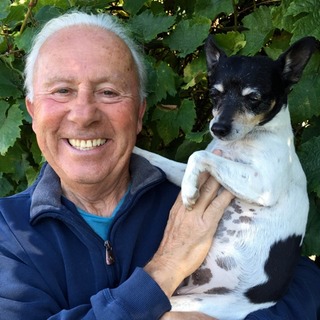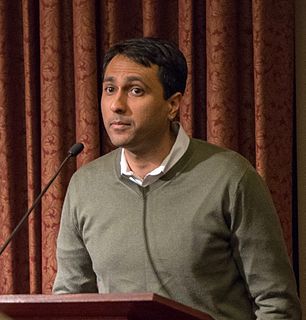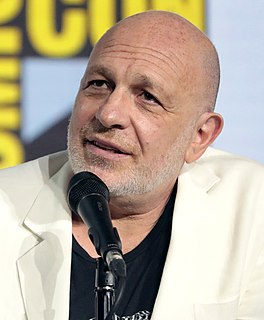A Quote by David Bergen
For me, when I 'discover' a story, there is a feeling of buoyancy and clarity, perhaps similar to early morning out on a prairie highway, when darkness lifts and reveals the outline of farmhouses and copses of trees in the distance.
Related Quotes
The most dangerous part of the race is early evening and especially early morning. It's the twilight zone. Either you're going into darkness and the sun is dropping down, or you're coming out of the darkness and the sun is coming up. At the same time, you've got new drivers coming in and feeling their way around the circuit.
A lot of people think that they are really cool because they don't outline. In my writing group, they would say, "I will never outline. I let the characters take me." C'mon, man - I outline the story, but it's only like one page. It's a list of possible reversals in the story, like things where everything will just change because of this certain reveal or this certain action. Then I start really digging into the character because, to me, I don't care what the story is.
I could feel myself changing physically. It was like something dropped out of the sky. Seeing her on the fire escape had given me a certain feeling, and then when I saw the photograph of her, it gave me a similar feeling. And I thought that was an incredibly powerful thing - that a photograph could give you a feeling that was similar to a feeling you had in the physical world. Nobody could've told me that. I knew what I was going to do for the rest of my life.
And all over the countryside, he knew, on every crest and hill, where once the hedges had interlaced, and cottages, churches, inns, and farmhouses had nestled among their trees, wind wheels similar to those he saw and bearing like vast advertisements, gaunt and distinctive symbols of the new age, cast their whirling shadows and stored incessantly the energy that flowed away incessantly through all the arteries of the city. ... The great circular shapes of complaining wind-wheels blotted out the heavens.
I try to outline. I'm a lazy outliner. I will put the points down of each chapter or series of chapters, but it always changes. For me it's a place of evolution. I don't really know who the characters are. I don't really know what the story is. I outline and that really just gets me moving. It's like I'm drawing up fake maps, but they turn out to be correct.
Everywhere I go - from villages outside Kandy, Sri Lanka, to community centers in Amman, Jordan, to offices at the State Department in Washington, D.C. - I find people with a similar story. When thousands of people discover that their story is also someone else's story, they have the chance to write a new story together.
I am early in my story, but I believe I will stretch out into eternity, and in heaven I will reflect upon these early days, these days when it seemed God was down a dirt road, walking toward me. Years ago He was a swinging speck in the distance; now He is close enough I can hear His singing. Soon I will see the lines on His face.
Adaptation is always the same process for me, which is some version of throwing the book at the wall and seeing what pages fall out. It is trying to imagine, remember the story, read it, put it down, and then write sort of an outline without the book in front of you with some hope that what you like about it will be filtered and distilled out through your memory and then that will be similar to what other people like about it.
The Universe story is the quintessence of reality. We perceive the story. We put it in our language, the birds put it in theirs, and the trees put it in theirs. We can read the story of the Universe in the trees. Everything tells the story of the Universe. The winds tell the story, literally, not just imaginatively. The story has its imprint everywhere, and that is why it is so important to know the story. If you do not know the story, in a sense you do not know yourself; you do not know anything.
I counsel our children to do their critical studying in the early hours of the morning when they're fresh and alert, rather than to fight physical weariness and mental exhaustion at night. I've learned the power of the dictum, "Early to bed, early to rise." When I'm under pressure, you won't find me burning the midnight oil. I'd much rather be in bed early and getting up in the wee hours of the morning.
Why I Wake Early Hello, sun in my face. Hello, you who made the morning and spread it over the fields and into the faces of the tulips and the nodding morning glories, and into the windows of, even, the miserable and the crotchety – best preacher that ever was, dear star, that just happens to be where you are in the universe to keep us from ever-darkness, to ease us with warm touching, to hold us in the great hands of light – good morning, good morning, good morning. Watch, now, how I start the day in happiness, in kindness.





































